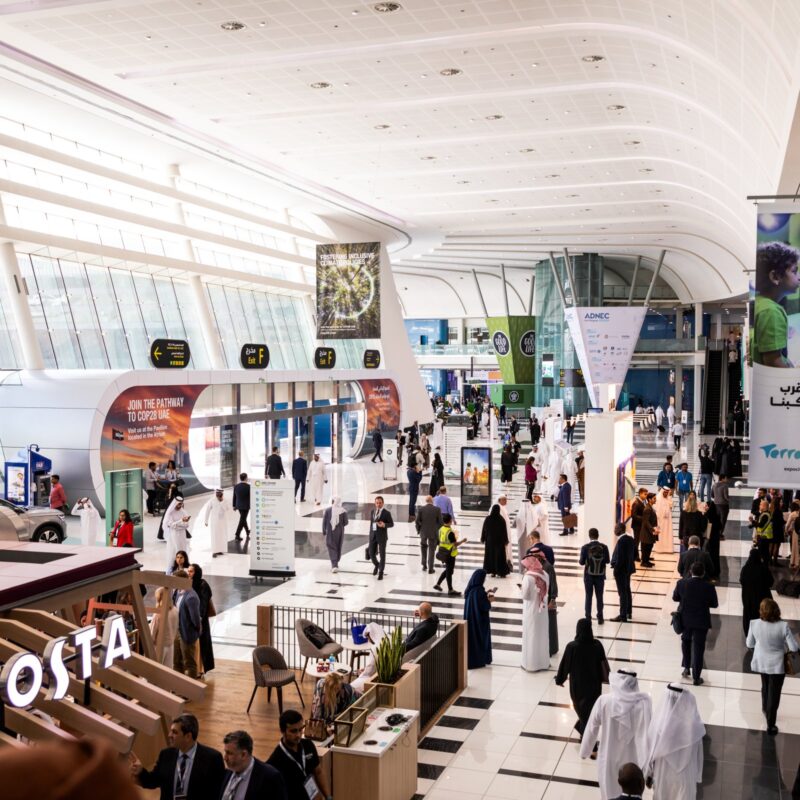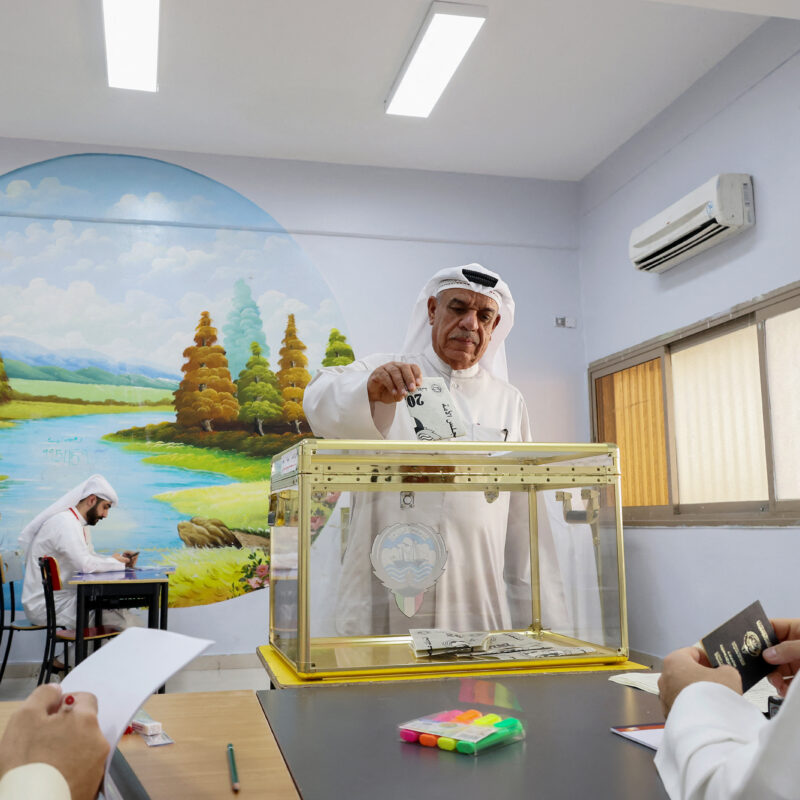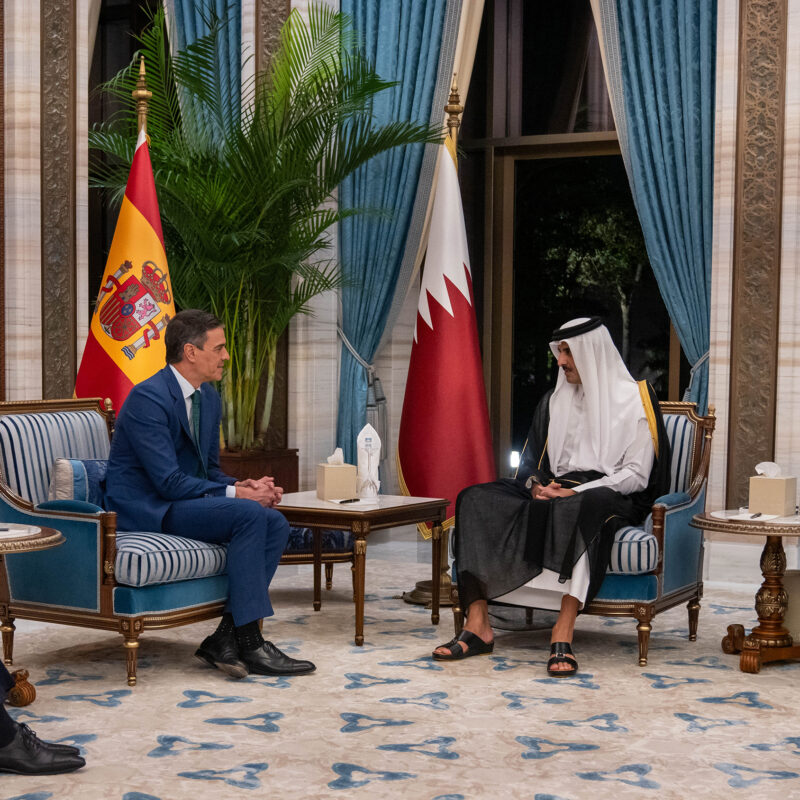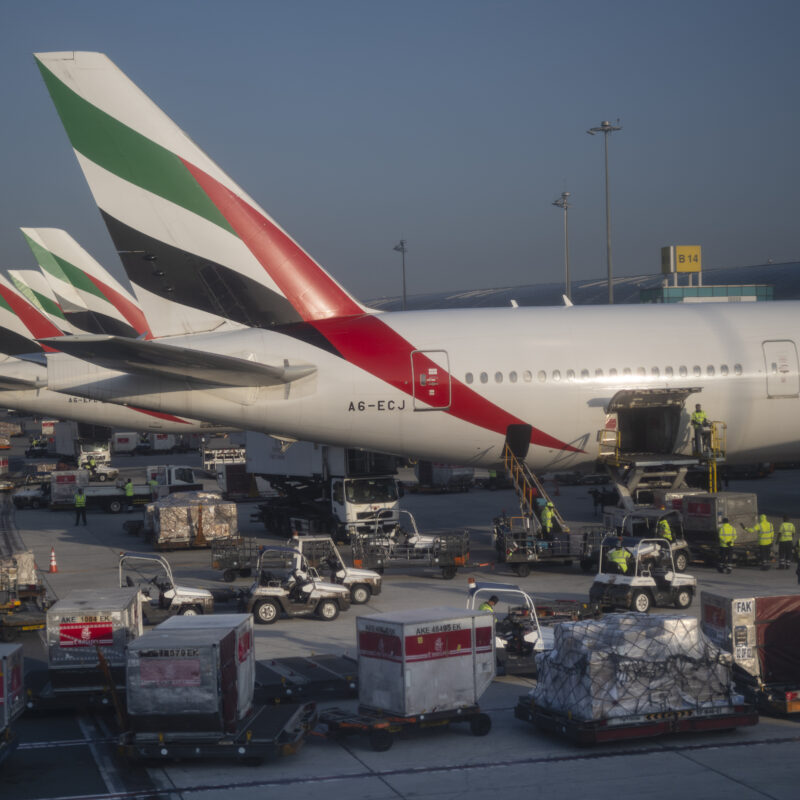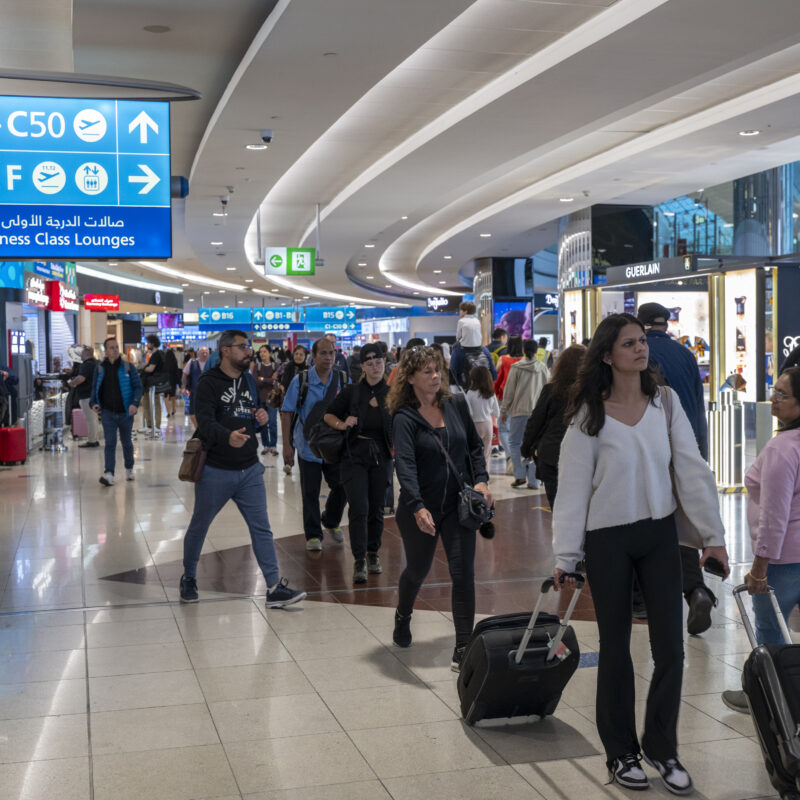Israeli tech veteran sees slow path to greater regional acceptance
Biden’s Mideast visit had substantial impact, says Koby Huberman, who left an industry leader to focus on connecting Israel with the wider Arab world

Jonathan H. Ferziger/The Circuit
Koby Huberman, co-founder of the Israel Regional Initiative
For decades, Koby Huberman has been tilling the soil, patiently developing contacts across the Arab-Israeli divide and telling whoever would listen that employing a regional approach to Middle East peacemaking would yield the most profitable results.
That’s why the Israeli tech industry veteran is far from discouraged with the inconclusive results of President Joe Biden’s July visit to Israel, the West Bank and Saudi Arabia. It took years of unsung work to help plant the seeds for quiet political ties and unpublicized Gulf-Israel business deals that burst into the sunlight with the 2020 signing of the Trump-brokered Abraham Accords.
“We are transforming the relationship model where very few were quietly working behind the scenes building bridges in the Arab world,” Huberman said in an interview with The Circuit. “Investors are now beginning to understand the new business environment.”
Earlier in his bridge-building career, Huberman, was corporate vice president for business development at Nice Systems, the telecommunications, data security and surveillance software maker that has become one of the five biggest Israeli companies on Wall Street with a $13.6 billion market value. He moved on to become a business consultant and dedicate more of his time to cultivating ties between Israelis and Arabs.
In 2011, he launched the Israeli Peace Initiative with Yuval Rabin, son of the slain prime minister Yitzhak Rabin, and an assortment of senior military and intelligence figures, who developed a proposal for resolving the conflict with the Palestinians. That led to a broader project called the Israel Regional Initiative that provided a discreet meeting ground for Israelis and Arabs to work on plans for cross-border cooperation in a more integrated Middle East. Bearded and trim at 65, Huberman now hopes to help expand Israel’s relations with more of its neighbors and bring in the Palestinians.
“Impressive as it is,” Huberman said, the normalization agreement between the United Arab Emirates and Israel “is not a game-changer for both countries.” Its value, he said, is to create a comfortable trade channel to the region’s bigger markets in Saudi Arabia, Egypt and other Arab nations.
“You’re talking about two countries of 10 million people each that can make great progress together, but at the end of the day, these are not large consumer markets,” said Huberman, drinking carrot juice at a Tel Aviv cafe.
“They are gateways for the transformation of ideas to business and to funnel goods to different points… addressing shared economic interests, joining forces, bringing together capacities, capital, ideas and infrastructure in order to make things happen. It’s about widening the scale and looking at the prism that says, what if the UAE, Israel and Egypt joined forces to do something in Africa? What if the UAE, Israel and Jordan can do something with Saudi Arabia and Egypt?”
Despite expectations in Israel that the Biden visit would lead to more overt actions by the Saudis toward normalization, Huberman said the limited steps, such as allowing Israeli airlines to overfly the kingdom and agreeing on rules governing two strategic islands in the Red Sea, were roughly what could be expected in a region that generally undertakes political changes very slowly.
“My takeaways are, first of all, I was thrilled to see that this administration has gone back to regional basics and that it did not cut the cord that was developed by the Trump administration,” Huberman said. Biden “gave reassurances to Israel, to Saudi Arabia, to the UAE, to Egypt and to an extent, to the Palestinians. America is aware of the complexity and is committed to help the region move forward.”
“This will yield a lot of progress for the wellbeing of the region and a lot of business upside,” he said.
Partnership with the UAE, Bahrain and Morocco, as well as improved cooperation with Egypt and Jordan, should ultimately enable rapprochement with the Palestinians, according to Huberman.
“It’s not about extending [the Abraham Accords]. It’s about understanding that there is a new page in the history of the region, which can be leveraged if properly addressed,” he said. “There was a need for a new paradigm. Any progress with the Palestinians must be regionally led and internationally supported, and not the other way around.”
It’s a mistake, though to believe that restoring economic aid to the Palestinians or showering greater sums on both sides will lead to an end of the conflict, Huberman said.
“There is no amount of money that would convince Palestinians to withdraw some of their aspirations for recognition and respect, and there will be no amount of money that will be enough for Israel to give up historic rights or linkage to biblical territories,” he said.
The fact that Israel is gaining acceptance across the region – particularly in Morocco, where close to 1 million Israelis trace their roots — should enable its leaders to consider steps with the Palestinians that they’ve been unwilling to take in the past.
“We are not yet even at the beginning of the potential transformation that can be unlocked with Israelis going to Morocco,” he said. “Frankly, there is a huge emotional impact to this reconciliation. People who felt they were being uprooted and brought [to Israel from Morocco] can now could go back and see the graveyards of their ancestors.”
“With all these things going on, with the progress that is quietly being made, whether this is through business or cultural cooperation, what I believe it will do is that it will giveIsraelis a greater sense of confidence, or self-confidence and peace of mind, to consider concessions and flexibility that otherwise have not been possible to consider.”
Huberman cautions that even with prospects for extending the Abraham Accords to additional countries, Israel is still far off from gaining full acceptance across the Arab world. “I don’t want to sound too romantic,” he said. “I’m not talking about months. I’m talking about decades. But these are important processes that we are beginning to see.”
